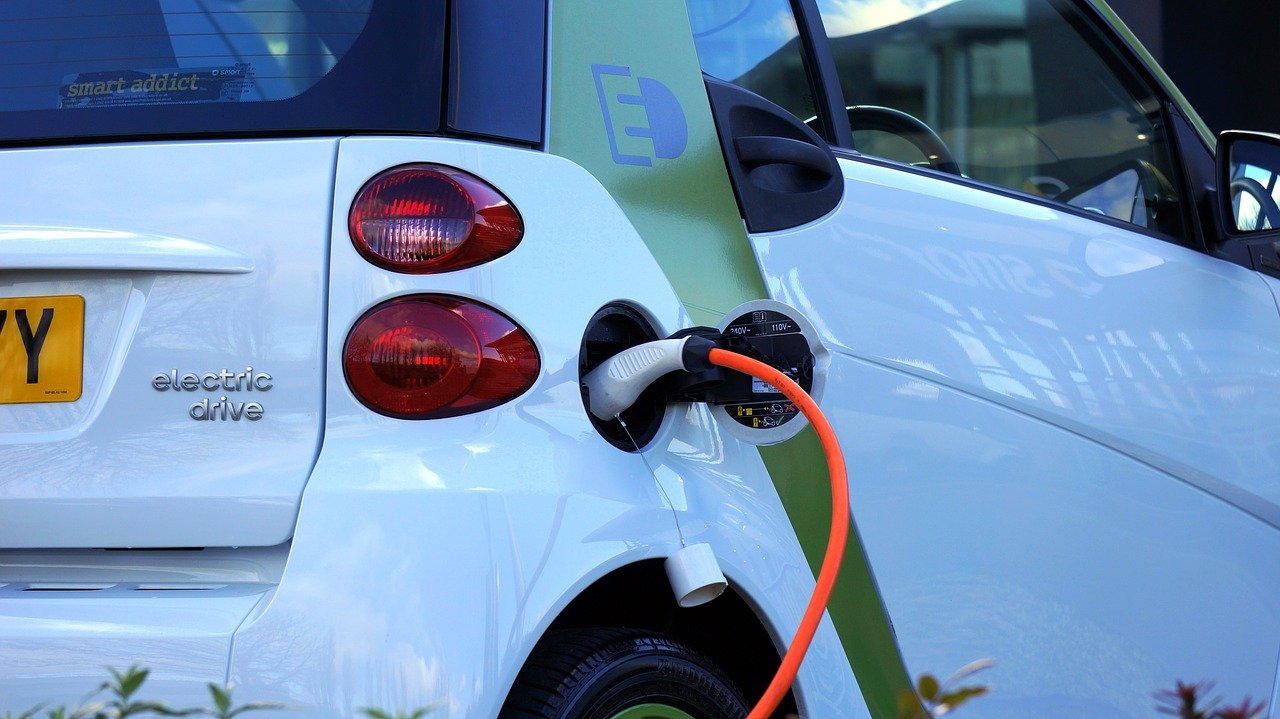Are Electric Cars Cheaper to Run than Filling up with Petrol?

2021 alone saw electric vehicles grow threefold on Australian roads with EVs now making up 1.95% of all new cars on the road. Volatile petrol prices and EVs continuing to reduce in price every year has given many motorists an important question to ponder. Are EVs cheaper to run than traditional petrol and diesel-fuelled cars?
To be able to compare the costs associated with charging an EV in comparison to traditional cars we must discern the different charging types available. For many motorists, this can be confusing as prices can vary depending on the type of charging station. To help clarify this and so that we have a better understanding of the potential costs we will go over the basics of EV charging.
Cost of Charging an Electric Car – EV Charging Levels
EV charging comes in 3 different levels with level 1 and 2 being AC chargers of varying wattage and level 3 being DC chargers:
Level 1:
AC Trickle or Granny charging is the slowest charging level with it only supplying 2-3 kW/h. This means up to 15km/h of charging meaning a full charge can take up to 40 hrs. With them being relegated to only being used at home, average pricing is hence 25c per kW.
Level 2:
AC Fast Chargers make up the majority of both home and public chargers and are able to supply 7 to 22kW/h. For EV owners this means a full charge within 4-8 hrs. For home charging stations such as the Ocular Home prices are similar to level 1 chargers as you are using power either from the grid or another power source that your home uses. Alternatively, public charging stations can be free, or charge tariffs that range from 20 to 40 cents.
Level 3:
DC Rapid Chargers allow for an extremely fast charge rate, with their power capacities ranging from 40 kW all the way up to 350kW. A full charge can hence take between 10 minutes to 1 hour to complete. Charging at a DC station can cost you between 40 to 60 cents per kWh.
For both level 1 and 2 chargers off-peak charging at night can help further reduce charging costs.
For a fair comparison, we can pit the fuelling costs of regular petrol-powered cars with their EV equivalent. In NSW the average vehicle will travel 13,272 km a year, from this figure we can estimate the potential annual cost of a vehicle. Between 22-Nov-2021 to 28-Feb-2022 P95 fuel averaged a value of 1.64 AUD, while electricity for a household cost on average 22.96c per kWh. Using these values, we can compare different cars, both traditional and EV, to see how big the difference is between fuelling and charging. For our first comparison, we can see how the Hyundai Kona 1.6L fairs against the Hyundai Kona Electric. The petrol version averages 6.5L for each 100 Km meaning over a year we can calculate annual fuel costs to be $1,414.8 using the values we mentioned prior. Comparatively, the Kona Electric boasts 14.3kWh for each 100km, which we can calculate to be equivalent to $435.76 annually. In terms of running costs, this indicates a definite advantage in using an EV with each dollar giving you 3.2 times greater range when comparing charging to fuelling.
For another example, we can compare the Jaguar I-Pace with its petrol equivalent the Jaguar E-Pace. For this comparison we will use the same values as with the previous calculation but with each Jaguar’s respective kWh/100km and L/100km. Hence, the I-Pace uses 22.3kWh/100km and the E-Pace uses 8.05L/100km leading to annual charging and fuel costs of $679.54 and $1752.17 respectively. This as with the Kona shows an obvious difference between the price of charging and fuelling with the E-Pace costing a motorist 2.58 times more in running costs in comparison to the I-Pace, its EV equivalent. Hence, with our 2 examples, the difference between EV charging and filling up a traditional petrol car is tremendous with motorists potentially saving thousands over the years they own an EV. With EVs also becoming cheaper every year, it’s obvious that electric vehicles will not only be better for the environment but also for your wallet.
These two comparisons may feel cherry-picked, however according to Transport for NSW EVs are ‘significantly cheaper’ with total savings over a five year stretch potentially reaching $12,200 for heavy use motorists. Furthermore, they report a potential saving of 70% for fuelling alone with a further 40% on maintenance costs. These statistics also don’t consider the potential to use solar to charge your car, meaning that with enough sunlight tracking fuel costs could be a thing of the past. With the cost of charging an electric car being so cheap in comparison to filling up a petrol car, and this divide set to only grow as petrol prices continue to soar, it is fair to say that EVs are much cheaper to run than traditional cars.
Bibliography
https://discover.agl.com.au/energy/electric-cars-better-petrol-cars/
https://www.comparethemarket.com.au/car-insurance/features/electric-vs-petrol-value/
https://www.globalpetrolprices.com/Australia/New_South_wales/gasoline_prices/
http://www.aip.com.au/pricing?search=Sydney
https://www.transport.nsw.gov.au/projects/electric-vehicles/why-buy-an-electric-vehicle


